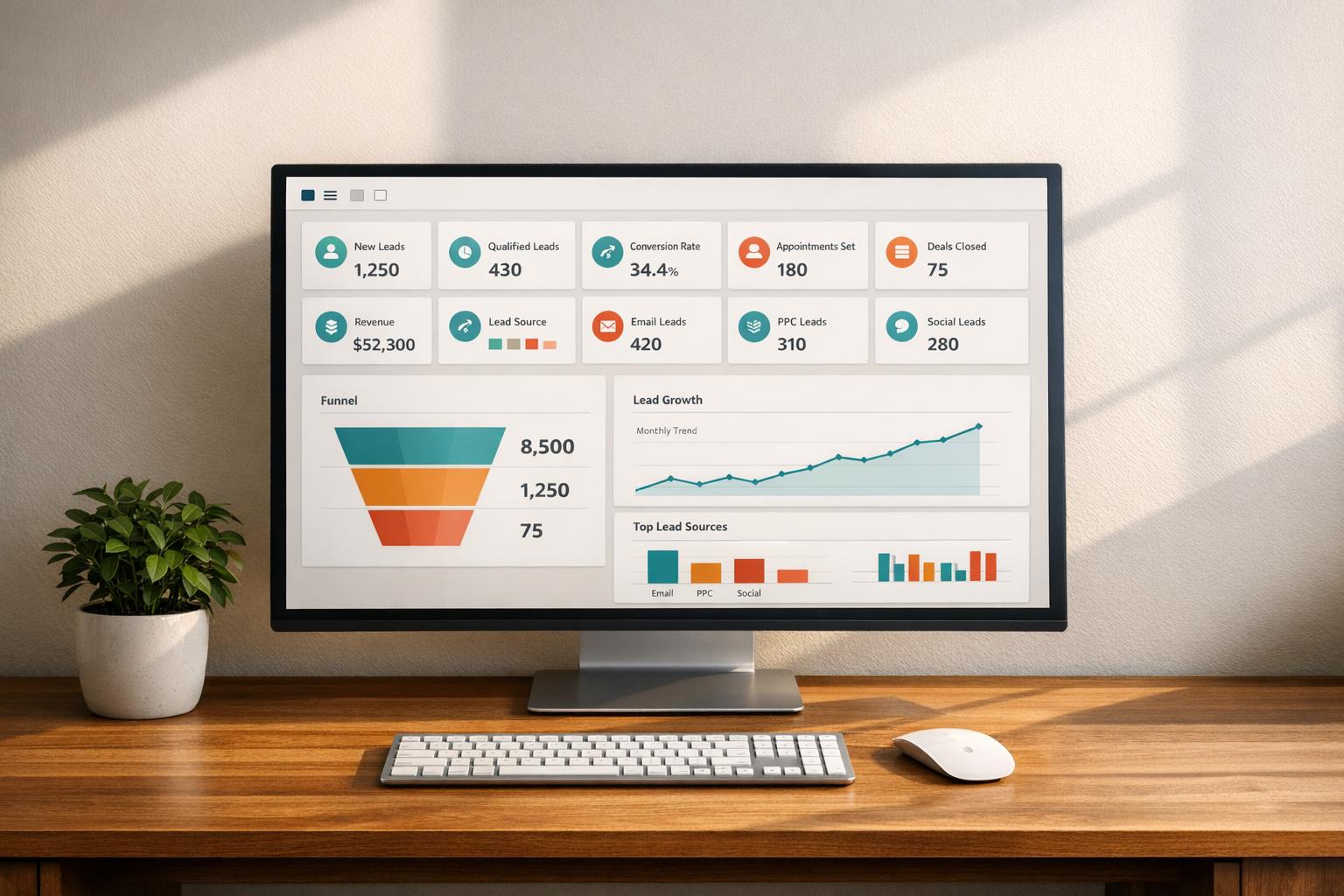Data Privacy vs. Digital Trade: Key Conflicts

The digital economy faces a tough challenge: balancing data privacy rules with the need for global data flows that fuel modern businesses. Privacy laws like GDPR and CCPA aim to protect personal data but often create barriers for cross-border operations, increasing costs and complexity, especially for smaller companies. On the flip side, unrestricted data flows can expose users to risks like breaches and misuse.
Here’s what’s driving the conflict:
- Data Localization: Countries demand local data storage for security but at a high cost to businesses.
- Diverse Regulations: Global privacy laws differ, creating compliance headaches.
- Trade Agreements: Privacy exceptions in trade deals add uncertainty for companies.
- National Security vs. Business: Governments’ access to data clashes with privacy standards.
Developing economies struggle even more due to limited resources, weak enforcement, and high infrastructure costs. Solutions like interoperability programs, flexible trade agreements, and privacy-focused technologies can help bridge the gap. The key is finding a middle ground where privacy and global trade coexist effectively.
Privacy and Data in Digital Trade
Main Areas of Conflict
Balancing data privacy requirements with the free flow of digital trade presents a host of challenges for businesses and regulators alike. These challenges give rise to four key areas of conflict.
Data Localization vs Free Data Flow
Data localization laws require certain types of data to be stored within a country's borders. Governments argue that keeping data local enhances control over personal information and reduces the risk of foreign surveillance. However, these regulations often compel companies to invest in building new data centers or modifying existing ones, which significantly increases operational costs. Authorities defend these measures as necessary for national security and to shield sensitive data from external threats.
Adding to the complexity, differences in governance systems create additional hurdles.
Different Data Governance Systems
The global landscape of data governance is far from uniform. For instance, the EU's GDPR prioritizes individual consent and enforces strict penalties for violations, while the U.S. adopts a sector-specific approach. Meanwhile, other nations craft regulations that align with state oversight or national security priorities. This patchwork of rules forces companies to navigate a maze of legal requirements, driving up compliance costs - particularly for smaller businesses that may lack the resources to adapt.
Privacy Exceptions in Trade Agreements
Modern trade agreements often aim to encourage cross-border data flows while still allowing room for privacy protections. However, these agreements frequently include provisions that let governments restrict data transfers to safeguard privacy. The vague nature of these exceptions creates uncertainty, leaving businesses unsure whether such measures genuinely protect data or simply act as barriers to trade.
National Security vs Business Interests
National security concerns add another layer of complexity to the digital trade environment. Some laws grant governments access to data regardless of where it is stored, placing companies in the difficult position of complying with conflicting privacy standards across jurisdictions. This dynamic not only erodes trust but also forces businesses to juggle legal obligations while striving to uphold strong data privacy practices. The tension highlights the broader challenge of aligning security priorities with commercial goals in a globally connected digital economy.
Effects on Developing Economies
Developing economies face a particularly tough road when navigating the complex debate around data privacy and digital trade. On one hand, these nations aim to attract foreign investment; on the other, they must protect their citizens' data rights. This balancing act becomes even harder when factors like limited regulatory capacity, economic pressures, and infrastructure costs come into play.
One of the biggest challenges is regulatory capacity. Crafting strong, enforceable data protection laws requires expertise, funding, and functional institutions - resources that many developing nations struggle to secure. For instance, while countries like Kenya and Nigeria have made progress by enacting data protection laws, enforcing them is a different story. Limited regulatory staff and technical tools often mean these laws exist only on paper, leaving gaps in actual implementation.
The economic impact of these gaps is significant. Multinational companies are often hesitant to set up operations in countries with weak or unclear data governance frameworks. They worry about future compliance risks, which can lead to fewer local jobs, reduced technology transfer, and limited opportunities for businesses to access global digital markets.
Another major hurdle is the high cost of infrastructure. Data localization requirements often force companies to build expensive local data centers or partner with local entities. These added costs frequently trickle down to consumers or reduce the range of available services, undermining efforts to expand digital access - something critical for economic growth in these regions.
Strict privacy regulations can also have unintended consequences. For example, some countries find that tight restrictions on data transfers limit their citizens' access to global e-commerce platforms, cloud services, and online educational tools. This can stifle innovation and economic development rather than promote it.
Small and medium enterprises (SMEs) feel these challenges most acutely. Unlike large corporations with dedicated compliance teams, SMEs often lack the resources to navigate complex regulatory environments. Take a fintech startup in Ghana, for example. Expanding across West African markets might seem impossible without access to costly legal expertise to ensure compliance with differing data protection rules.
Adding to these struggles is the issue of brain drain. Skilled tech professionals often leave developing countries in search of better opportunities abroad, further weakening the local regulatory and technical capacity. This creates a vicious cycle: weak regulations limit economic opportunities, which then pushes talent to leave, making it even harder to build a strong regulatory framework.
To address these challenges, some nations are exploring regional cooperation initiatives. The African Union, for instance, has introduced a data protection framework aimed at harmonizing standards across member states. If implemented effectively, this could lower compliance costs for businesses operating across borders. However, progress has been uneven, with some countries adopting the framework more quickly than others.
Timing remains a critical issue. Developing economies are under pressure to rapidly establish data protection frameworks while simultaneously building the institutional capacity to enforce them. This often leads to rushed regulations that leave businesses confused and unsure of how to proceed.
sbb-itb-5f36581
Possible Solutions and Policy Options
Finding the right balance between data privacy and digital trade is no small task. It requires practical solutions that address both regulatory needs and business goals. Fortunately, several strategies have emerged to bridge this gap, offering ways for nations to protect data privacy without stepping away from the global digital marketplace.
Interoperability Programs
One way to simplify compliance is through interoperability programs. These programs allow countries to mutually recognize each other's data protection standards, even if the specific rules differ. By implementing mutual recognition agreements and harmonized certification processes, along with cross-border enforcement mechanisms, nations can enable smoother and more secure data transfers. This approach not only reduces operational headaches for businesses but also supports the seamless flow of data across borders while respecting local regulations.
Flexible Trade Agreement Models
Trade agreements are another tool to address the challenges of cross-border data flow. Modern agreements often limit forced data localization while carving out exceptions for privacy and security concerns. These frameworks might include features like industry-specific rules, sunset clauses for periodic updates, and phased compliance timelines. Such flexibility allows even developing economies to engage in the digital trade ecosystem without compromising on key privacy protections.
Technology Solutions for Compliance
Technology also plays a critical role in managing the intersection of privacy and trade. Privacy-enhancing technologies and advanced encryption methods enable secure data analysis without requiring extensive cross-border transfers. Tools like Reform, a modern form builder, incorporate privacy-by-design principles to help businesses navigate complex regulatory landscapes.
Additionally, automated compliance platforms and API-driven services keep businesses aligned with evolving regulations. These tools ensure global operations remain efficient and secure, proving that technology and policy can work hand-in-hand to address the challenges of privacy and digital trade.
Conclusion: Finding the Right Balance
The tug-of-war between data privacy and digital trade continues to shape global discussions. On one side, data localization rules disrupt international commerce; on the other, differing privacy standards create a maze of compliance challenges for companies operating across borders.
To move forward, cooperation is key. Governments must strike a balance between safeguarding citizens' privacy and keeping their economies open to the digital marketplace. Businesses need to adopt privacy-by-design practices while pushing for international frameworks that are feasible in practice. Meanwhile, technology providers play a pivotal role by creating tools that simplify compliance and reduce costs.
Collaborative efforts have already shown promise. Examples like interoperable standards, adaptable trade agreements, and cutting-edge compliance technologies prove that economic growth and strong privacy protections can go hand in hand.
Emerging economies face the dual challenge of establishing solid data governance while staying connected to global digital trade networks. Practical solutions - such as mutual recognition agreements and sector-specific frameworks - offer a way forward. Businesses, too, can invest in adaptable compliance technologies to navigate varying regulations.
Ultimately, the future of digital trade hinges on finding the right middle ground. Extremes won’t work - complete data isolation hinders economic progress, while unchecked data flows undermine privacy. The answer lies in crafting policies, fostering innovation, and leveraging technology to build a framework that supports both privacy and growth.
FAQs
What challenges do data localization laws pose for international businesses?
Data localization laws often lead to higher costs and reduced efficiency for international businesses. By requiring companies to store and process data within specific countries, these regulations force businesses to invest in building and maintaining local infrastructure, which can be expensive.
On top of that, data localization complicates cross-border operations. It restricts the free flow of information - a crucial element for global trade and collaboration. These limitations can slow productivity, weaken competitiveness, and ultimately hinder the growth of multinational companies.
What are some privacy-enhancing technologies businesses can use to meet global data protection standards?
Privacy-enhancing technologies (PETs) are tools that help businesses protect sensitive data while adhering to global data protection regulations like GDPR and CCPA. Some common examples include encryption, anonymization, pseudonymization, secure multi-party computation, and differential privacy. These methods allow companies to process, analyze, and share data securely while limiting the exposure of personal information.
Using PETs, businesses can protect individual privacy, lower the risk of non-compliance, and enable secure cross-border data sharing. This approach builds confidence in a digital world where connections and data exchanges are ever-growing.
How can developing countries attract foreign investment while ensuring strong data privacy protections?
Developing countries can navigate the delicate balance between drawing in foreign investment and protecting data privacy by encouraging partnerships between governments and businesses. Together, they can design adaptable, localized data protection policies that reflect their unique economic and societal needs while maintaining strong privacy safeguards.
Adopting internationally recognized data protection standards, like the EU's GDPR, can further enhance trust with global investors. By aligning with these established guidelines, countries can provide a secure and dependable environment for digital trade. This not only attracts investment but also ensures that citizens' personal data is handled responsibly, fostering both economic progress and privacy protection.
Related Blog Posts
Get new content delivered straight to your inbox

The Response
Updates on the Reform platform, insights on optimizing conversion rates, and tips to craft forms that convert.
Drive real results with form optimizations
Tested across hundreds of experiments, our strategies deliver a 215% lift in qualified leads for B2B and SaaS companies.


.webp)



